What was the first thing that you did after you won a PUBG match for the first time?
Well, I won’t lie, I quickly took a screenshot, shared it on my Instagram, WhatsApp and Facebook feed, and thought about the number of people who would have looked at it throughout the day. (Slow claps)
And truth be told, I am not the only one trapped in this virtual web, it’s we, the entire race of humans, who crave for those views, and likes. In short, we love this social recognition. (I know, right?)
Honestly, being social animals, it is quite NORMAL to look for social approval. The way we dress, walk, talk, behave, etc. is indeed molded according to our perception of being liked.
Then how does our virtual behavior differ from our social behavior in general? Why do people need to cover up who they are in real life, and contour themselves differently for social media? Let’s dive deeper into this long thought topic, to know more about the psychology of getting liked on the Internet.
A study indicates that we talk ABOUT ourselves about 40% of the time!
Yup, you read that right. And you might be telling yourself right now, Well I don’t do that very often. See, you are again talking about yourself 😉
I told you. We talk about ourselves PRETTY LOT!
Now, as you’re already aware of how self-obsessed we are, here are some of the most agreeable theories why we are happier to get liked online:
1. Awkward Face To Face Communication Skills
Raise your hands if you prefer stalking your crush on Instagram instead of talking to them in person. (✋ Me too guys)
This one is quite obvious. Face to face communication is quick and sometimes awkward. People often don’t have a quick response time and do not rethink before speaking. Talking to people online gives us the control of typing and retyping things to present ourselves the way we want. It is where the chances of getting liked become higher.
We, thus, tend to focus more on creating a solid online image in front of our virtual friends, who seem to be more approachable and more comfortable to talk to as compared to the people in real-life situations.
Meet your online friends face to face, and you’d get to discover a whole new personality out of them (No pun intended).
2. Empathetic Behaviour
Is it only the good news that we like to share? Nah! Look at your WhatsApp stories, and you will come across so many people uploading sad quotations and songs. Though we do not always relate to what we upload in the stories, we cannot deny the fact that we all have shared our grief this way (Been there. Done that.)
It is a human tendency to share our losses, failures, and remarkably unhappy moments. Getting empathy from the people around us gives us an impression of being cared about (being liked, in simple language). Sharing these on social media means you have quick and easy access to the people reaching out and supporting you. (You lazy human).
Also, as a matter of fact, sharing the downs is as good as sharing the ups, according to psychologists. As it keeps us bound to reality, and doesn’t let us get carried away by the virtual lie. (Okay millennials, you can cry about your breakup on the internet now).
We can’t stop being a sissy, can we?
3. Rush Of The “Reward” Chemical- Dopamine
Coming back to justify our virtual world again, here’s a fact- getting more social media likes DOES make us happier!
Why have memes become so popular lately? Do we want people to laugh? Yes. But there’s something more to it. We want people to giggle because of us. Imagine someone coming up to you and telling you that they like to watch your WhatsApp stories because your memes make them chuckle every time. (Ehmm.. Ehmm)
Got those butterflies in your stomach by imagining this situation? These butterflies are nothing, but the rush of dopamine or happy hormone into our brain. This dopamine is the hormone responsible for making us happy when someone likes our pics on social media platforms.
Looking at 500 likes all at once, we get a kick of dopamine, which acts as a reward and makes us happier in real life.
4. Drunk In Likes
Believe me, when someone says we are addicted to social media, this word is not a metaphor there. We are ACTUALLY addicted to this thing, my folks. It does get us high, psychologically high, and this is the prime reason why we can’t help but revert back to it every now and then (cheers!).
As already mentioned above, we get a gush of dopamine every time we get a like or a positive response on the internet. The dopamine reward is just like getting a drink. The more you get it, the more you want it! Getting too many likes suddenly at once thus makes us want to have those likes again in our next post.
We are people who struggle with anxiety and depression regularly, and this rush of dopamine sometimes acts as a measure to relax our nerves. Consequently, we love being psychologically high here!
We Have Some More Amazing Posts On Social Media. Have A Look!
4 Steps For Creating A Social Media Calendar
How The 5 Hot Trends Are Tweaking Social Media?
5. Relating Social Media Likes To Real Life
You would agree with me when I say that every one of us has an inborn habit of considering ourselves more important than others. As a result, we assume things to affect us differently than it would affect any other person.
Hold on with me as I explain it further.
According to research, there’s a bit of us at the back of our minds that thinks that what we post is more interesting than others’ posts. Thus we believe that the feedback that we are getting from other people is genuine.
We may like others’ pics casually without even glancing at it for more than 2 secs, but when someone likes our posts, we believe that it has some meaning. Thus, even if we know that the uploaded pic is good, we do feel dejected when we don’t get as many likes as we expected on it. (Sobs in the corner)
It is how we relate these social media likes to opinions and hold them similar to testimonials from our online buddies.
What’s In A Like?
As long as gobbled in a healthy amount, likes do have the potential to keep us fairly happy. Also, it is very normal to look for likes, as you might have concluded by now. But always remember one thing- relying too much on other people’s positive reviews makes you vulnerable to get judged for your flaws too.
Social Media has its own advantages. They act as a reliable platform to gain information, maintain personal relationships, and can also help people out of their solitude.
But one of the good things about social media is that it not only allows you to interact with people, you can also connect with top business brands and eCommerce platforms. And it seems that thanks to social media, even small and medium-sized marketers can easily grow their reach and influence with the audience to claim more sales.
One must know how to use these platforms in control, and utilize them for creating something better even better.
For better social media management, Socioboard has brought you some new features to streamline your content management and social media operations.
- Scheduling your content on platforms like Facebook, YouTube, and Twitter.
- RSS feed reader that helps you to find most trending news and updates.
- Manage multiple social account easily using a single dashboard.
- Analyze your target audience and improve your growth on social media.
- Built-in stock picture libraries to create new content.
- Collaborate with other creators in a jiffy to create engaging content for audience.
Want to know more about Socioboard, explore all the features.
Have something in mind? Did I miss any important points? Let me know in the comments below!

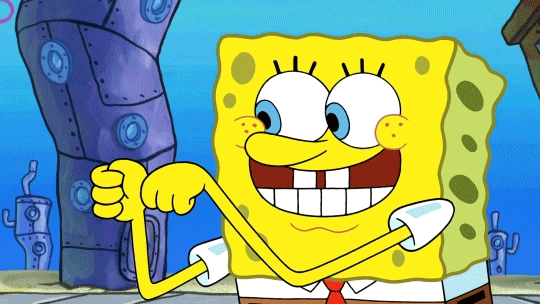

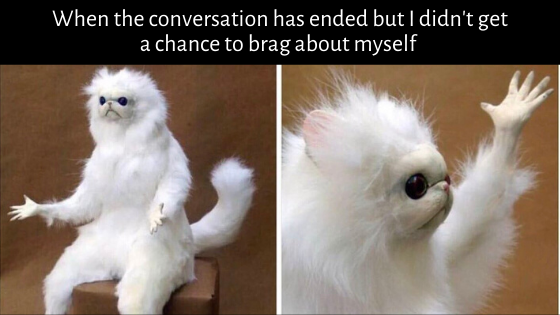
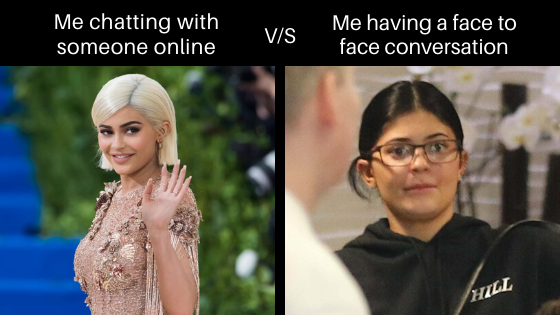
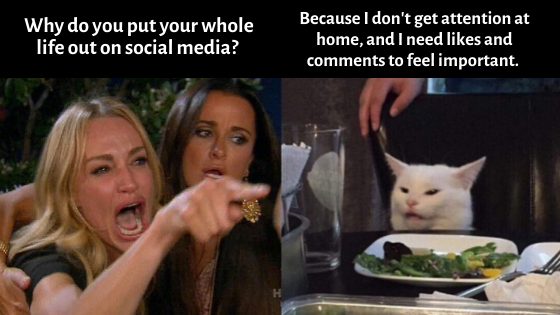
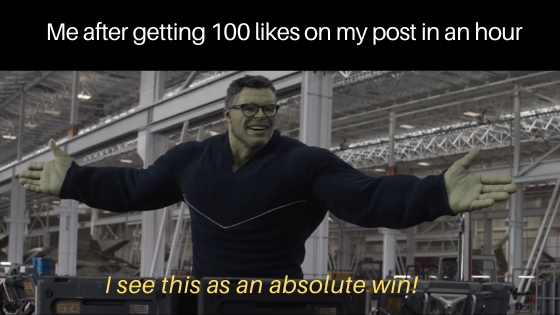
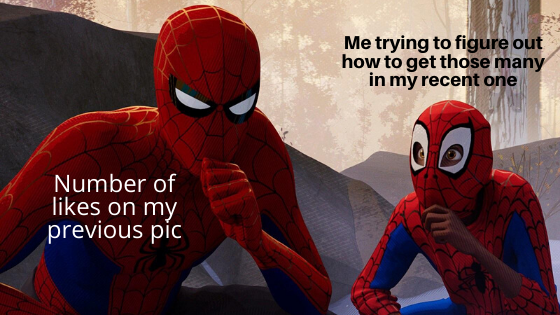
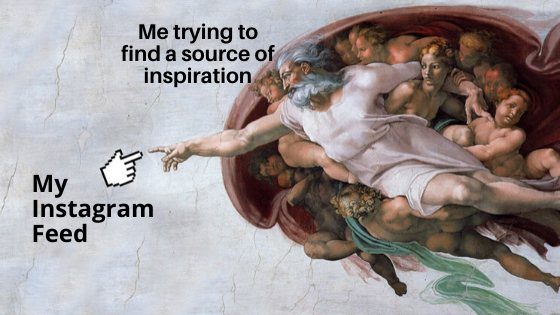

![LinkedIn: The New Way of Documenting Recommendations [2021 Update]](https://blog.socioboard.com/wp-content/uploads/2015/02/linkedin-as-a-letter-of-recomendation.jpg)

![How can You Generate Traffic from the Q&A section of Your Website? [2021 Update]](https://blog.socioboard.com/wp-content/uploads/2016/03/lip-Garden-1.png)
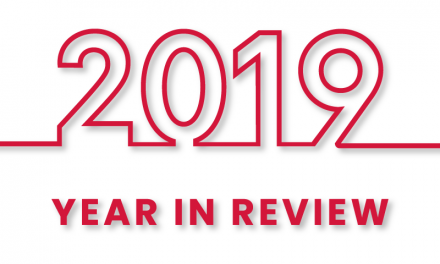
Recent comments